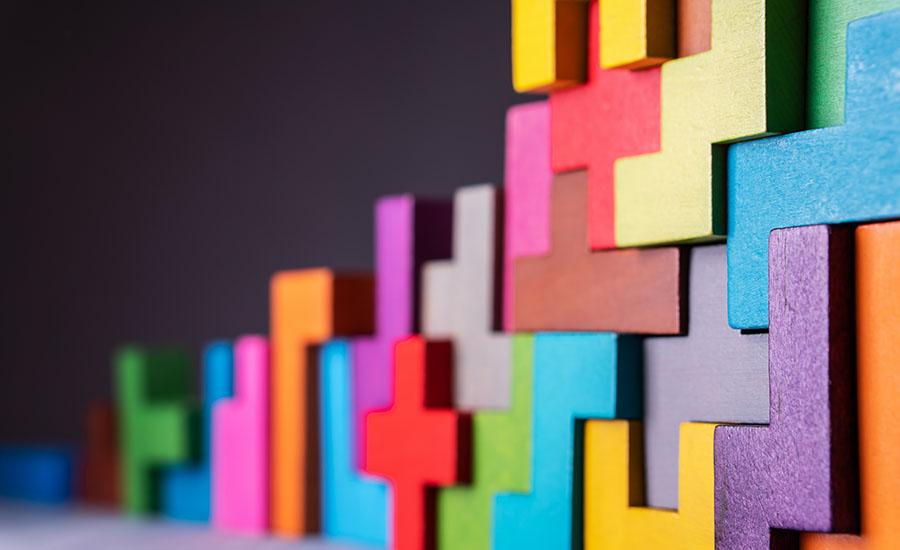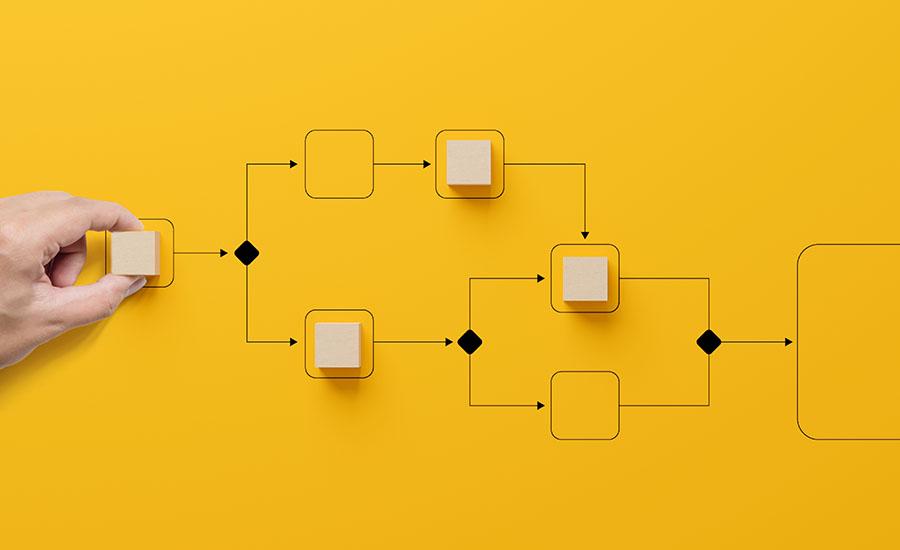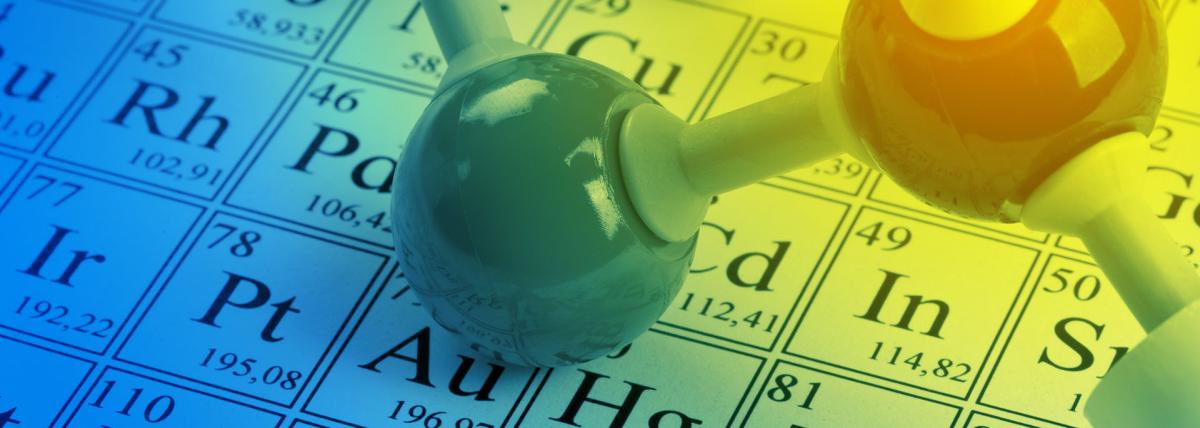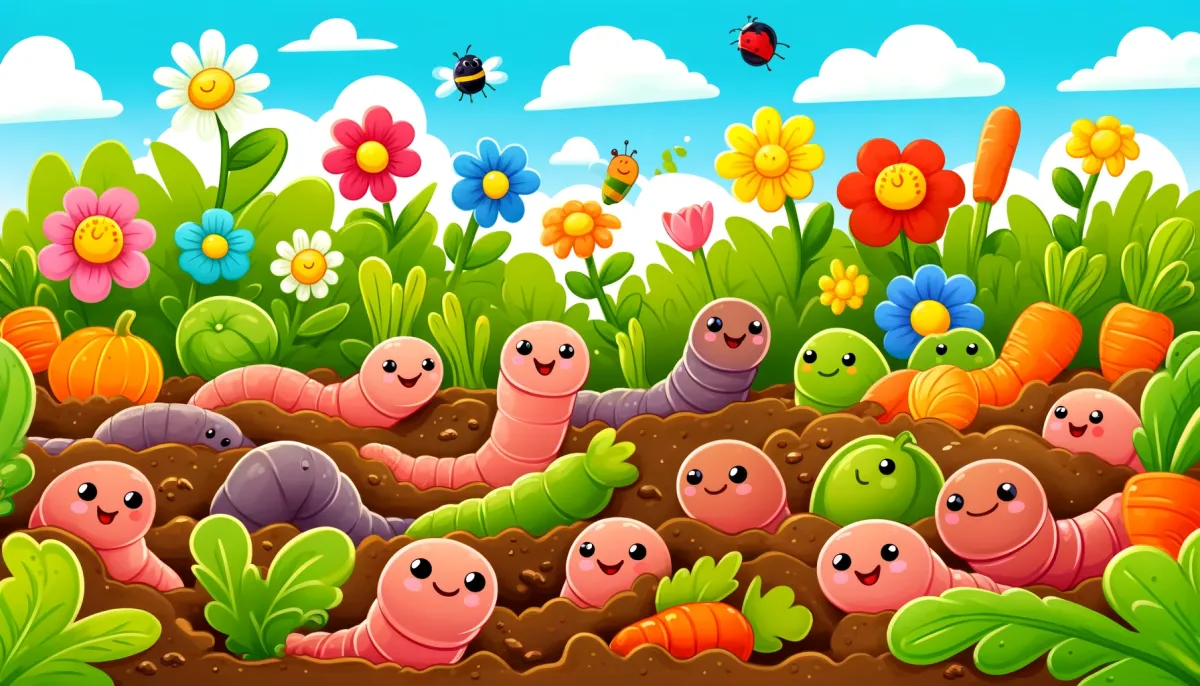
This is the 3rd lesson of a 4-part series. In this lesson the students will be using their gauge from their swatch to design a garment or accessory for a model. Using proportional relationships

Students are given a mission to map and collect resources with a robot needed in a Mars colony. Students need to use coordinate points to create a route from a starting point to a destination for

This is the second lesson of a 4-part series that explores STEM in Knitting. This lesson is optional and requires the teacher to be an experienced knitter either by hand or with a knitting machine

This lesson is the first of 4 lessons that helps students on the journey to knitting with Math. The lesson uses proportions and ratios to help students understand the basic swatch and how to calculate

In this lesson students will be creating a geometric design to create a stained-glass window. They will then assemble the window with pretzel rods, royal icing and melted Jolly Ranchers. Students can

This week-long experience teaches students about the computer science and robotics behind NASA's Mars Rover program using Ozobots as Mars Rovers. Students will first build background on the history of

This hands-on lesson uses vermicomposting to apply virtually all of the science & engineering practices as well as several in math. Enough for a unit but a few stand-alone pieces can help your

Students will learn the basics of coding concepts such as sequencing, algorithms, and conditional statements, while also reinforcing math skills related to counting and addition. They will be using a

This lesson is modeled after STEMAzing's lesson, "Picture Perfect Rover Cell Phone Holder”. Students will build a cell phone holder for their Edison Bot, plan a drive for the Bot to collect photos or

This lesson allows students to conduct an interesting research project about Arizona's nuclear power plant, Palo Verde Generating Station, and its waste management practices today. This leads to

Students will be introduced to the concept of agrivoltaics: what it is, why it's important, how it works.

In this hands-on lesson, students will explore a solar panel kit. They will measure all aspects of the kit and create a scale drawing, using proportions.

Through the use of the Read Aloud, "This Is a Book to Read with a Worm" by Jodi Wheeler-Toppen, students will learn about the functions and the structure of a worm and how worms affect the garden.

This is part 3 of a unit. Links to the first 2 lessons are included. This lesson focuses on building the base for the Ferris wheel. Students are encouraged to design and create a base that is wide

Students will understand the principles of creative problem-solving and innovation by designing wacky inventions. They will collaborate, think critically, and use the engineering design process to

In this hands-on lesson, students will learn about the Engineering Design Process and its uses and benefits. The students will then apply what they have learned to the construction of a duct tape
In this hands-on lesson, students research the solar system. Then, they work in groups to create a solar system model and present it to the class.

This lesson is about geometric shapes. Student will watch videos about the solar system. They will view the geometric shapes in the solar system and draw pictures of them.

In this lesson, students will begin by exploring how animals can damage the plants in a garden bed. They will view and discuss the structures of various framed garden beds. Finally, they will design

In this lesson, students will learn about planets and stars and their relationship with each other. They will create a planet or star and then, as a group, create a song to present to the class.

In this lesson, students will be introduced to the career of architecture. They will use the design process to create a city with peers.

Through the use of the Read Aloud, "Up in the Garden and Down by the Dirt" by Kate Messner, students will learn about all the elements that make up a garden. Students will also plant a seed into a

Through the use of the Read Aloud, "What's Inside a Flower?" by Rachel Ignotofsky, students will learn about the structure of flowers. This is a great introduction to plant growth and gardening. This

Wildlife cameras are fun & surprisingly easy to use! If your students have never used any, check out this lesson to get them started by collecting meaningful image data to answer questions that they
